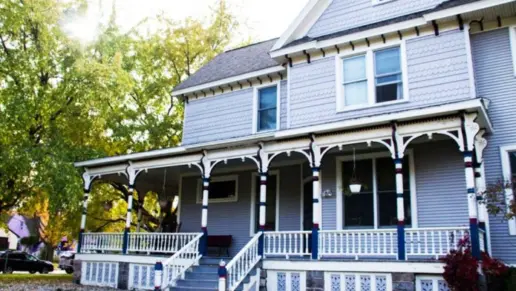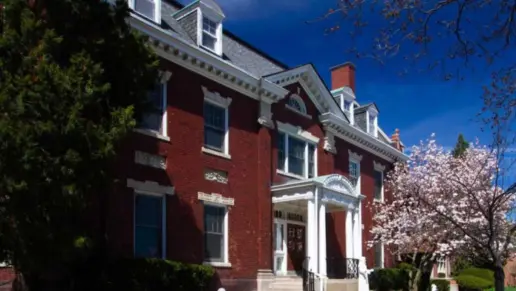About Cherry Health – Monica Street
Known as the world’s automobile capital, Detroit, Michigan also features Cherry Health – Monica Street. As part of Michigan’s largest Federally Qualified Health Center, this location offers a reentry facility for adults transitioning from correctional facilities.
You can participate in their residential program when returning directly from a correctional facility or as part of a diversion program to avoid incarceration. You can access personalized reentry services to transition smoothly to daily life in the community.
They also provide group and individual counseling to help you get to the root of addiction and other life challenges. You’ll benefit from a supportive environment to gain essential coping skills and get your life back on track.
Comprehensive Care for Your Unique Needs
What stands out most to me is their customized reentry services. They understand that many hurdles come with recovery, especially after being in prison. You can access services and resources that put your recovery goals at the forefront. Employment, housing, and education assistance are available. They also help you form essential connections to benefit your journey.
Quality Care, Regardless of Your Ability To Pay
Additionally, I think it’s great that they provide services regardless of your financial situation. They accept many major insurers, Healthy Michigan plans, and Medicare. Even if you don’t have insurance, you can still access the care you need. Their dedicated team provides free health insurance assistance to find coverage. If you’re not eligible for insurance, they provide a sliding fee program based on your family size and income.
A Second Chance
I also think it’s nice that you can participate in their program as an alternative to prison. Treatment is often more beneficial than imprisonment for many. They provide a second chance to improve your overall wellbeing and sustain recovery.
Rehab Score
Gallery
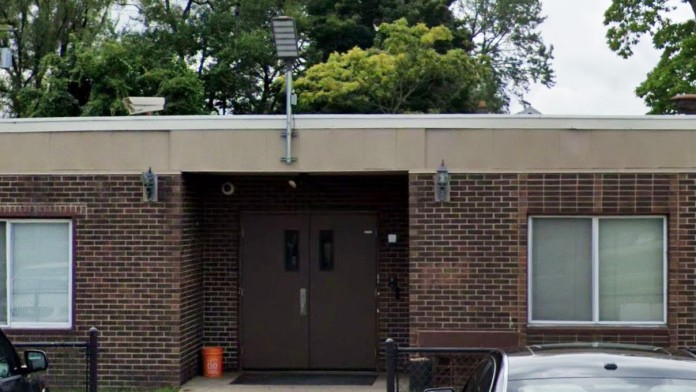
Other Forms of Payment
Self-pay involves paying for treatment out of your own pocket. You can use savings or credit, get a personal loan, or receive help from family and friends to fund your treatment. If you don't have insurance or your insurance plan doesn't cover a specific program, self-pay can help ensure you still get the care you need.
Private insurance refers to any kind of healthcare coverage that isn't from the state or federal government. This includes individual and family plans offered by an employer or purchased from the Insurance Marketplace. Every plan will have different requirements and out of pocket costs so be sure to get the full details before you start treatment.
Medicaid is a state based program that helps lower-income individuals and families pay for healthcare. Medicaid covers addiction treatment so those enrolled can use their coverage to pay for rehab. When a program accepts Medicaid the client often pays very little or nothing out of their own pocket.
Medicare is a federal program that provides health insurance for those 65 and older. It also serves people under 65 with chronic and disabling health challenges. To use Medicare for addiction treatment you need to find a program that accepts Medicare and is in network with your plan. Out of pocket costs and preauthorization requirements vary, so always check with your provider.
Financial aid can take many forms. Centers may have grants or scholarships available to clients who meet eligibility requirements. Programs that receive SAMHSA grants may have financial aid available for those who need treatment as well. Grants and scholarships can help you pai for treatment without having to repay.
Addiction Treatments
Levels of Care
 Inpatient
Inpatient
 Aftercare Support
Aftercare Support
 Sober Living Homes
Sober Living Homes
Treatments
The goal of treatment for alcoholism is abstinence. Those with poor social support, poor motivation, or psychiatric disorders tend to relapse within a few years of treatment. For these people, success is measured by longer periods of abstinence, reduced use of alcohol, better health, and improved social functioning. Recovery and Maintenance are usually based on 12 step programs and AA meetings.
Drug rehab in Michigan provides personalized treatment to help individuals break this cycle and regain control of their lives. Treatment methods are used in various levels of care, including inpatient rehab, partial hospitalization programs, intensive outpatient programs, and standard outpatient treatment.
Many of those suffering from addiction also suffer from mental or emotional illnesses like schizophrenia, bipolar disorder, depression, or anxiety disorders. Rehab and other substance abuse facilities treating those with a dual diagnosis or co-occurring disorder administer psychiatric treatment to address the person's mental health issue in addition to drug and alcohol rehabilitation.
A combined mental health and substance abuse rehab has the staff and resources available to handle individuals with both mental health and substance abuse issues. It can be challenging to determine where a specific symptom stems from (a mental health issue or an issue related to substance abuse), so mental health and substance abuse professionals are helpful in detangling symptoms and keeping treatment on track.
Opioid rehabs specialize in supporting those recovering from opioid addiction. They treat those suffering from addiction to illegal opioids like heroin, as well as prescription drugs like oxycodone. These centers typically combine both physical as well as mental and emotional support to help stop addiction. Physical support often includes medical detox and subsequent medical support (including medication), and mental support includes in-depth therapy to address the underlying causes of addiction.
Programs

Adult Program

Young Adult Program
Clinical Services
Group therapy is any therapeutic work that happens in a group (not one-on-one). There are a number of different group therapy modalities, including support groups, experiential therapy, psycho-education, and more. Group therapy involves treatment as well as processing interaction between group members.
In individual therapy, a patient meets one-on-one with a trained psychologist or counselor. Therapy is a pivotal part of effective substance abuse treatment, as it often covers root causes of addiction, including challenges faced by the patient in their social, family, and work/school life.
Amenities
-
Private Setting
Staff & Accreditations
Staff
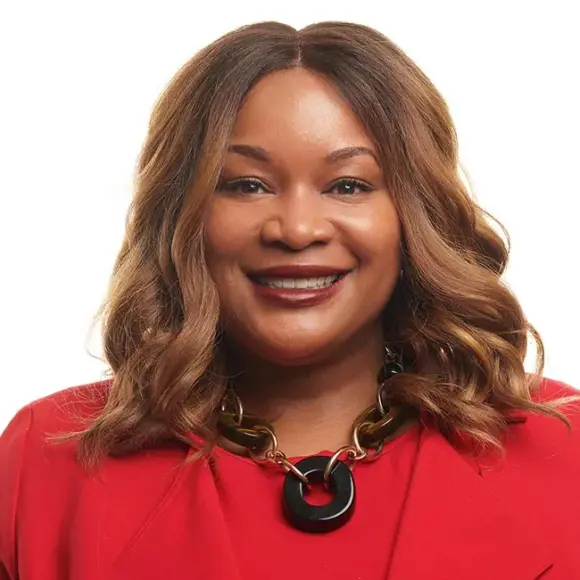
Tasha Blackmon
President & CEO
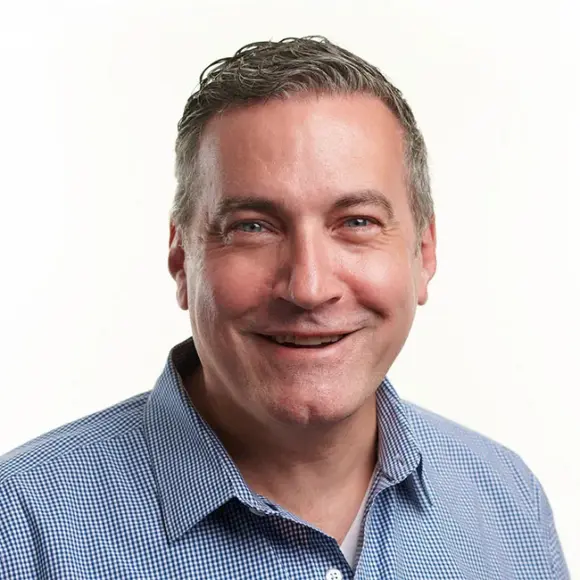
Bill Joure
COO
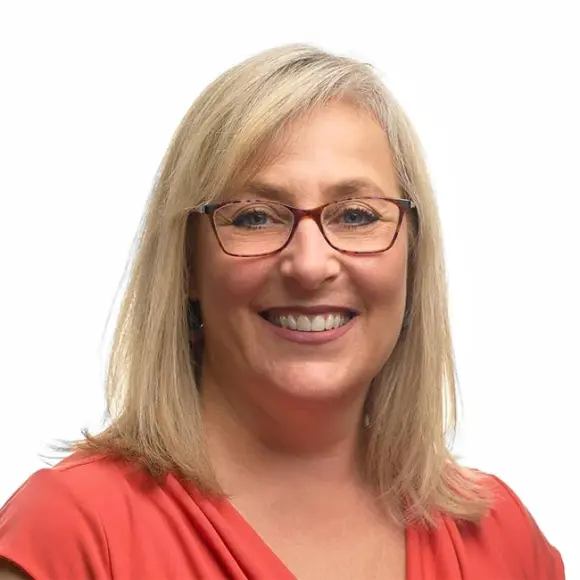
Elizabeth Warner, MD, FACP, CPE
Chief Medical Officer
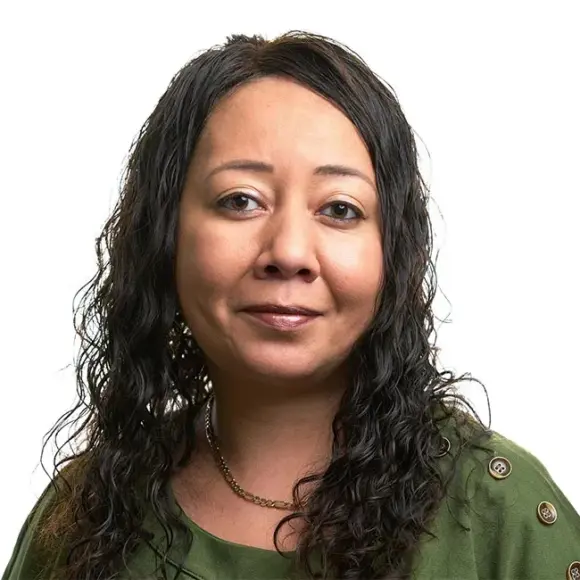
Glenda Williams
CIO
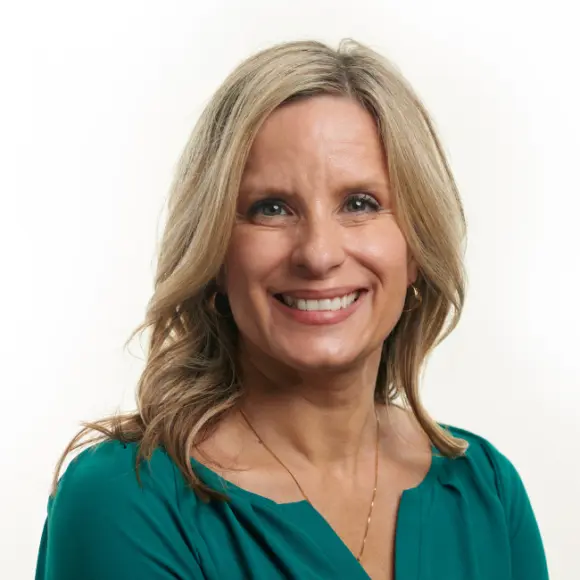
Cynthia Wagenhofer
CFO
Accreditations

The Commission on Accreditation of Rehabilitation Facilities (CARF) is a non-profit organization that specifically accredits rehab organizations. Founded in 1966, CARF's, mission is to help service providers like rehab facilities maintain high standards of care.
CARF Accreditation: Yes
Contact Information
15380 Monica street
Detroit, MI 48238
